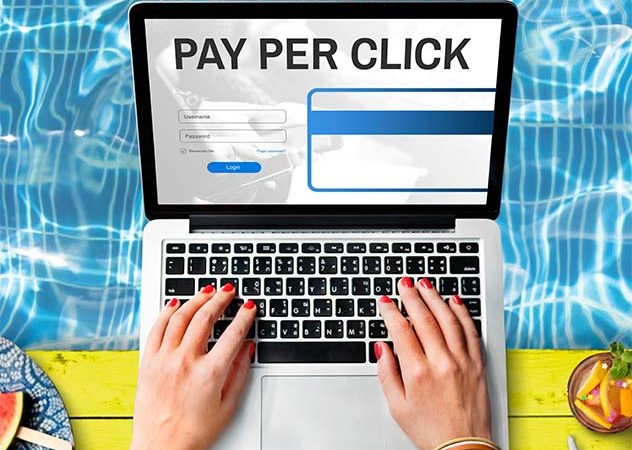Introduction
In the digital marketing landscape, businesses are constantly striving to maximize their online visibility and attract potential customers. One effective strategy that has gained immense popularity is Pay-Per-Click advertising, commonly known as PPC. This blog post aims to provide you with a comprehensive understanding of what PPC is, how it works, and its benefits for businesses.
What is PPC?
Internet advertisers who use the pay-per-click (PPC) model are charged a fee each time one of their ads is clicked. It is a method of buying visits to your website rather than attempting to earn those visits organically. Essentially, PPC is a way to purchase traffic to your site, appearing alongside organic search results or on websites and social media platforms.
How does PPC work?
- Advertiser sets up a campaign: An advertiser creates an online advertising campaign using platforms like Google Ads, Bing Ads, or social media advertising platforms. They define their target audience, select relevant keywords, and set a budget for their campaign.
- Bidding on keywords: Advertisers bid on specific keywords related to their products, services, or target audience. The bid amount determines the ad placement and visibility.
- Ad auction and placement: When a user enters a search query or visits a webpage, an ad auction takes place. The search engine or advertising platform evaluates all the ads competing for that keyword and selects the most relevant ones to display based on factors like bid amount, ad quality, and relevance.
- Ad display and clicks: If the advertiser’s ad wins the auction, it is displayed to the user. When a user clicks on the ad, they are directed to the advertiser’s website or landing page, and the advertiser pays the predetermined cost-per-click (CPC) for that click.
Benefits of PPC for businesses
- Immediate results: PPC allows businesses to achieve instant visibility in search engine results or on relevant websites, driving traffic and potential customers to their website without waiting for organic search rankings to improve.
- Targeted advertising: PPC enables advertisers to narrow down their audience based on factors such as location, demographics, interests, and search intent. This precision targeting helps businesses reach the right people at the right time.
- Cost control: With PPC, advertisers have full control over their budget. They can set a daily or monthly spending limit, monitor the performance of their campaigns, and make adjustments to maximize the return on investment (ROI).
- Measurable results: PPC campaigns provide comprehensive performance metrics, including the number of clicks, impressions, conversion rates, and cost per conversion. Businesses can use this information to assess the success of their marketing initiatives and to inform their decisions.
- Flexibility and scalability: PPC campaigns can be easily modified, optimized, or expanded to adapt to changing market conditions or business goals. Advertisers can experiment with different ad formats, keywords, and target audiences to find the most successful strategies.
Conclusion
Pay-Per-Click (PPC) advertising offers businesses a powerful tool to increase their online visibility, attract targeted traffic, and achieve their marketing objectives. By understanding how PPC works and leveraging its benefits, businesses can effectively reach their target audience, drive conversions, and maximize their return on investment. Whether you’re a small business or a large enterprise, PPC can be a valuable addition to your digital marketing arsenal.


